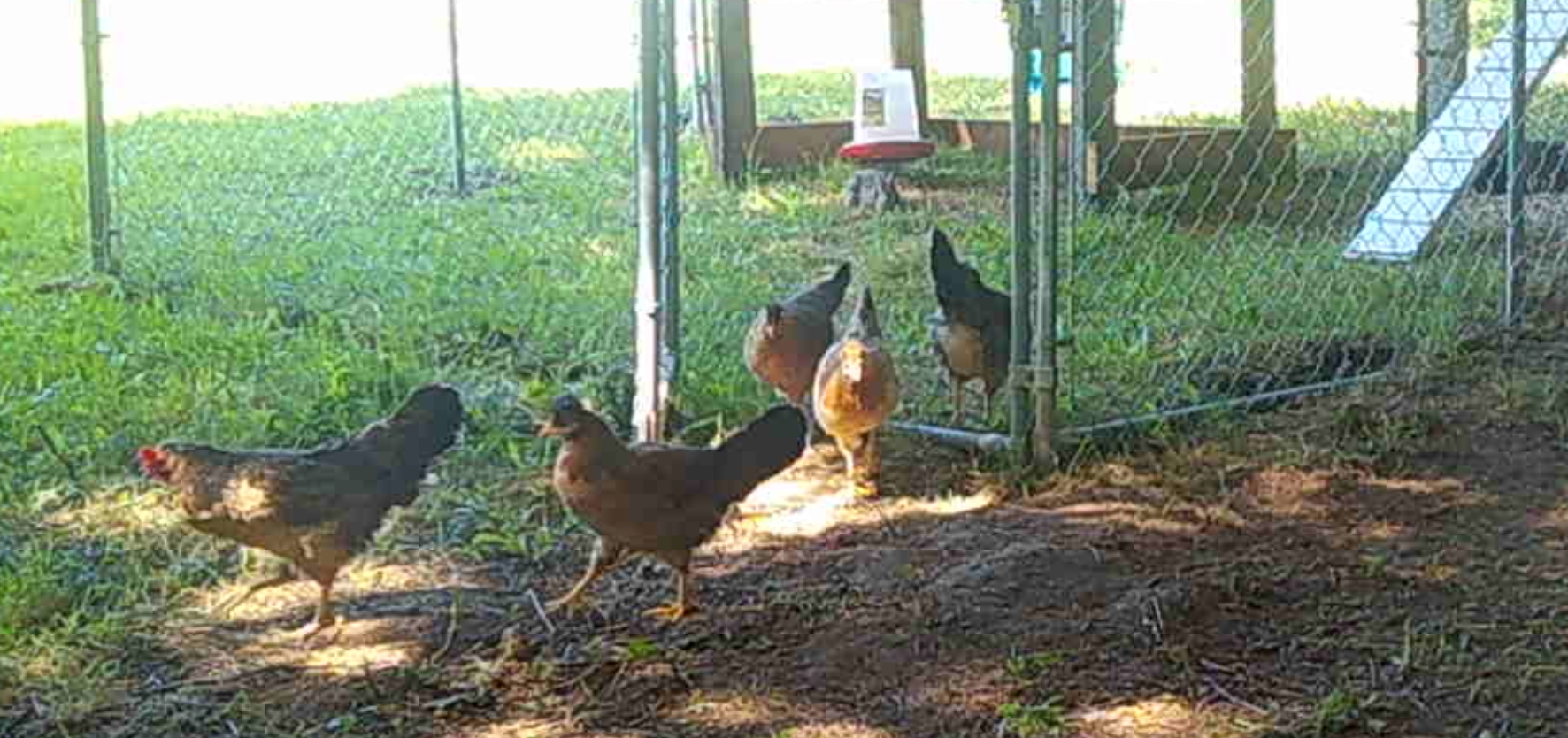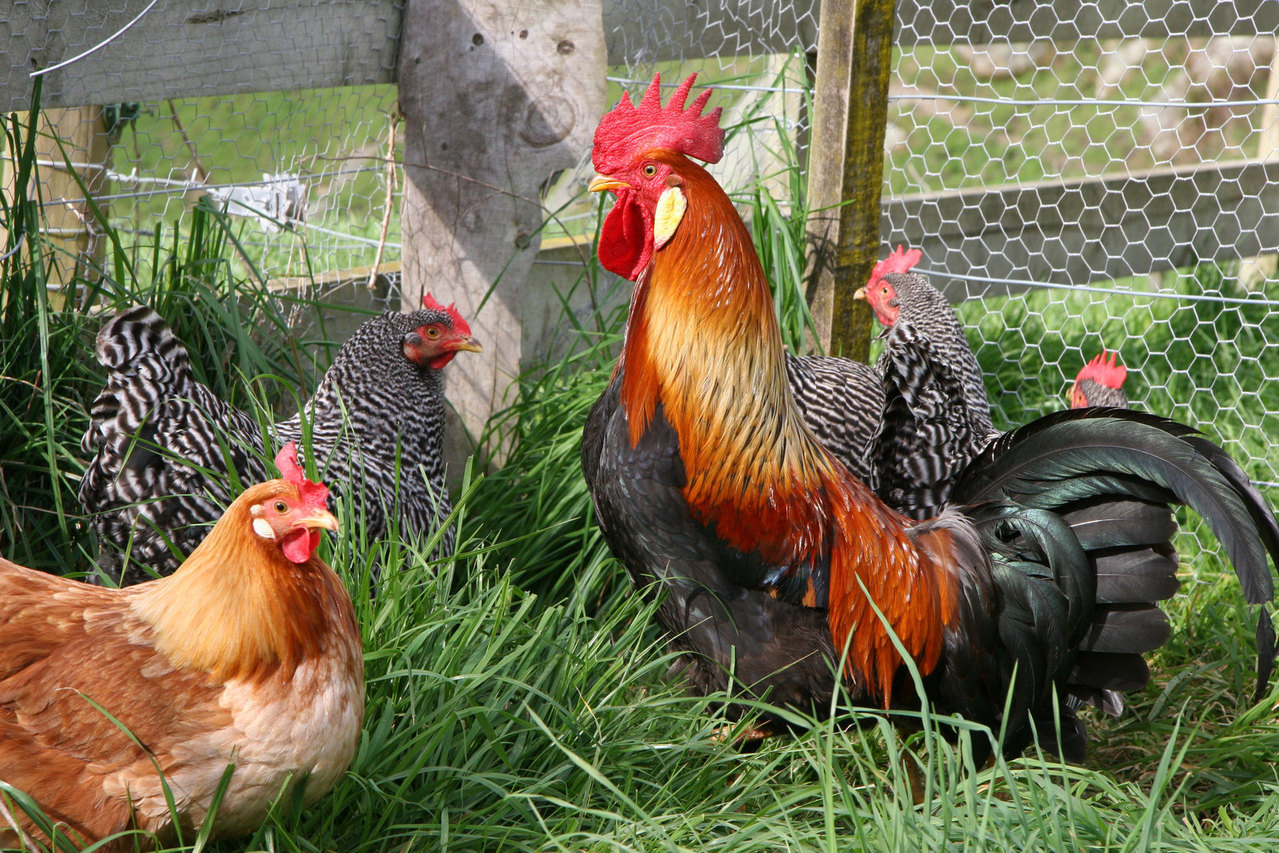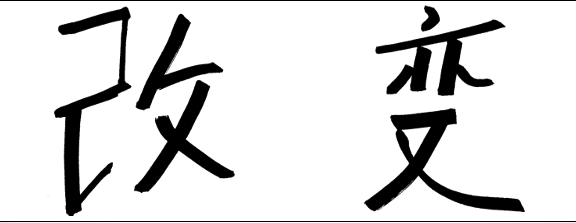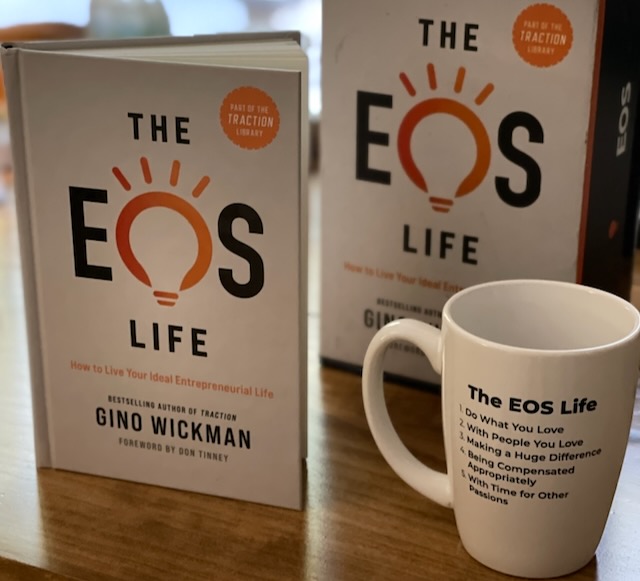I saw my former chicken yesterday. She was hanging out with my neighbor’s goats and horses. Seeing her made me reminisce about the times when she would come lay eggs in my beautiful chicken coop. Oh, those were the good ol’ days. So, those of you who are...

Overcoming the Real Shortage in the Employment Market
The shortage of employees in the current labor market has been much discussed recently. Several reasons are cited for this shortage, including a lack of employees who actually want to work, the government’s generosity with unemployment and other benefits and, more recently, the pandemic. However, I would suggest one additional cause: the employers. Today’s employees want more from their work. They want appreciation, recognition and fulfillment.
The following four steps provide a road map for employers to attract and retain great employees for their organization:
- Discover and utilize your core values to create an intentional culture
- Demonstrate care for your employees
- Make sure employees know their work is meaningful
- Enable employees to measure their performance for themselves
Create an Intentional Culture
If you want to attract and retain great employees, it’s important for your business to have an intentional culture. Culture can be summarized as the attitudes, beliefs and behaviors that make up the atmosphere of the work environment. I often refer to this as the “vibe” of the business. Every business has a culture, whether it was created intentionally or not.
Work culture is a byproduct of a business’s core values in action. Core values are a set of vital and timeless guiding principles, principles you want everyone in your organization to demonstrate on a daily basis.
One reason core values are so important is that they help define what makes someone a great fit for your unique organization. Imagine working with people who share the same core values as you. How great would it be if everyone in your organization used the same filters to make decisions when resolving an issue?
In the age of “The Great Resignation” and the resulting competition for employees, being crystal clear about your core values is an important step in gaining traction over other companies when hiring. But it isn’t enough just to have core values. The impact comes from living and breathing your core values. Make them more than something hanging on the wall or printed on your coffee mugs. Define them, embrace them and live them. Use them to review, recognize and reward your employees. Incorporate your core values into your hiring process in order to ensure you are attracting the right people into your organization.
If you aren’t sure you have discovered or clearly defined your core values, now is the time. The effort you put into this will pay off in the future. As they say, the best time to plant a tree was 20 years ago. The second-best time is today.
Core Value Discovery Process
When I’m implementing EOS, I lead my client’s leadership team through this process to discover and define their core values:
- Identify top three employees.
- List their characteristics.
- arrow down list to 3 to 7 characteristics (too many and your employees may struggle to remember all of them).
- Walk away for 30 days to give leadership team a chance to ruminate over the list.
- Reconnect as a team and discuss until you all wholeheartedly agree on which characteristics are key.
- Clearly describe these traits and what they look like in action.
- Use this list to hire, fire, recognize, review and reward employees.
This process shouldn’t be rushed. Take the time as a leadership team to make sure you have identified the right values. And once you have, communicate them with your employees. Communicate them frequently so your employees recognize the importance of living out these core values. This will inspire the employees who are a great fit and put those that are not on notice that you are serious about the culture that you want to create.
Enhance Employee Engagement
Once you have clarity around which qualities make someone a great fit for your organization and you are using those to create a great culture, it’s time to shift the focus toward enhancing employee engagement. In Patrick Lencioni’s book The Truth About Employee Engagement, originally titled The Three Signs of a Miserable Job, he says the three factors that make a job miserable are anonymity, irrelevance and immeasurement. Better employee engagement starts by eliminating these three problems.
Anonymity
If you want your employees to be fulfilled in their work, they first need someone in authority to know, understand and appreciate what they bring to your organization. Regardless of title or pay, if this isn’t addressed, your employee will not thrive.
Irrelevance
Each employee also needs to know that their job matters, whether to the company, your customers or the industry. This seems so basic, but if it isn’t articulated to employees, they will not feel fulfilled. They need to see a connection between the work they are doing every day and something or someone outside of themselves.
Immeasurement
Employees need to be able to gauge their own performance and contribution to the work of the company, independent of the whims of a manager. This requires clearly defined standards by which to measure performance. Imagine how an employee feels going home on a Friday knowing she had a great week. She hit her numbers and as a result is helping the company hit its numbers.
In the world of EOS, we teach our clients how to keep employees engaged by addressing each of these factors. The first step is to encourage quarterly conversations with each employee about what’s working, what’s not working, where they are excelling and where they could use some improvement. These conversations should be relaxed, undocumented and two-way. This practice fosters a relationship with each employee so you can communicate that you value them, the impact they are having on the organization and any areas where they could improve.
Another way EOS companies keep their employees engaged is by ensuring that every employee has at least one quantifiable “measurable” to track every week. This measurable is activity-based and should be meaningful to both the employee and the company. For individuals in a sales position, finding something to measure is pretty easy. How many sales calls did you make? Or how many demos did you complete?
But as you dig further into the organization, finding appropriate measurables may require more thought. I recommend starting with what someone in each role is accountable for, then identifying measurables that are linked to the outcomes for that role.
Companies are successful when all the employees are rowing in the same direction, not just the owner(s) or leadership team. The result is a thriving work culture that not only draws great employees but also helps the business gain traction together toward a shared vision.
When your company intentionally addresses the three causes of a miserable job, it has an immediate and obvious impact on your workforce. Your employees come to work knowing they are valued, that their work matters and that they are succeeding. This easily translates to higher retention and a happier workforce, which in turn improves productivity. And a company that has fulfilled, engaged employees will have an easier time attracting more of the right type of employee.
It is that easy – but it requires a commitment.
If you are committed to getting each member of your team engaged and working toward achieving your vision, but you need some help getting started, then let’s chat.












